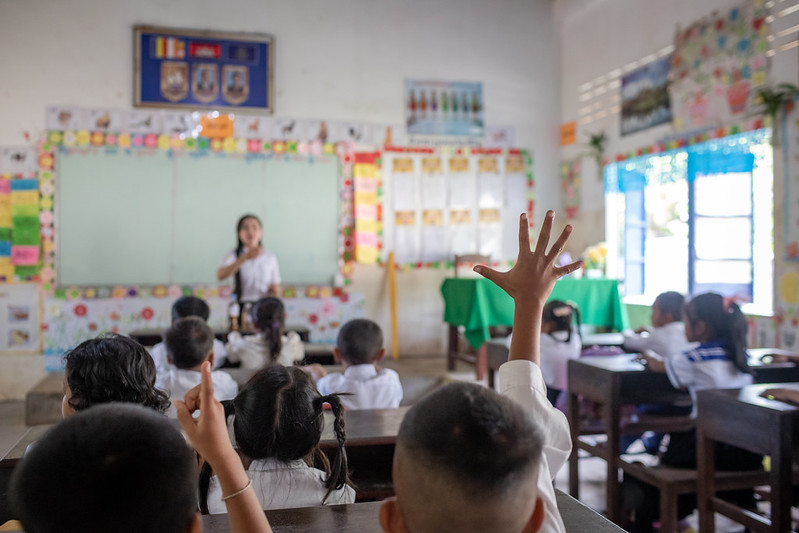
The Global Partnership for Education Knowledge and Innovation Exchange (GPE KIX) has selected ten new projects from its recent call for proposals for applied research projects to generate and mobilize evidence to contextualize and scale the impact of innovative approaches to strengthen gender-responsive and socially inclusive education and safe schooling experiences for all children in GPE partner countries, especially those facing multiple forms of gender inequalities and marginalization.
Gender equality and issues of equity and inclusion are critical topics in primary and secondary education and an identified priority among policymakers and stakeholders in GPE partner countries. This has become even more important in recent years as the COVID-19 pandemic has reinforced existing inequalities, resulting in decreasing global rates of basic literacy. Addressing the intersecting disadvantages many groups face is critical to ensuring quality and safe education for all. Therefore, countries are seeking evidence to help them adopt more gender-responsive and inclusive policies and practices to support learner-centered approaches to education, as outlined in a recent scoping study. While there are many important issues within the broader lens of gender equality, equity, and inclusion, this call for proposals focuses on two core issues that can make a difference in children’s learning: inclusive and gender-responsive curriculum, pedagogies and leadership; and safe, inclusive, and supportive schools for all.
The selected projects propose different methods to generate and mobilize evidence to scale the impact of innovative approaches to strengthen gender-responsive and socially inclusive education and safe schooling experiences. They each address one or both of the following subthemes:
- Inclusive and gender-responsive curriculum, pedagogies and leadership
- Using platforms and tools to enhance data use
The research will explore effective strategies to adapt, scale, and implement promising or proven innovations in effective, equitable, and sustainable ways. It will also aim to identify what factors enable, incentivize, or impede the scaling of these innovations.
More information on each of these exciting new projects can be found below, with additional updates on their activities to follow:
- Capacity building for gender equity and inclusion in Caribbean schools
- Empowering schools as frontliners: Enhancing the implementation of violence prevention and management policy in Indonesian schools
- Lifting barriers: Educated boys for gender equality
- Promoting behaviour change programs to address socio-emotional, mental and physical challenges in schools
- Promoting gender equality and social inclusion in schools building on what children value and aspire to do and be
- Scaling-up innovative gender, inclusion and safeguarding approaches in education: Evidence from Malawi, Uganda and Ethiopia
- Science, technology, engineering, math and digital education for girls and women: Unleashing potential to open fields of possibility
- ‘Tuseme’ innovation strategies for achieving gender equality and social inclusion in refugee and internally displaced communities
- Using youth-driven solutions and digital technology to make schools safer and more inclusive for pregnant, parenting and gender non-conforming youth
- Women in learning leadership: Advancing gender-responsive education using evidence
